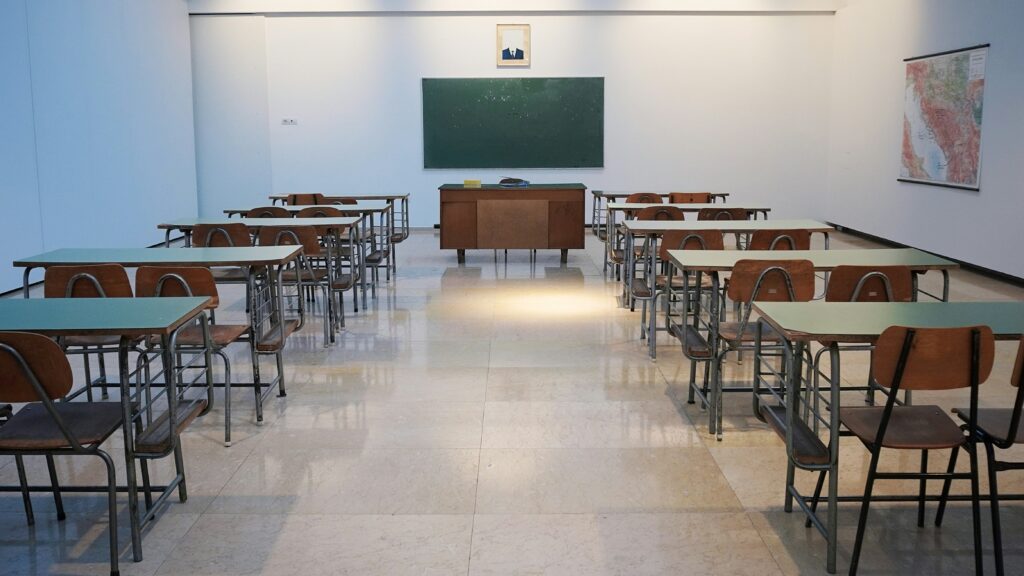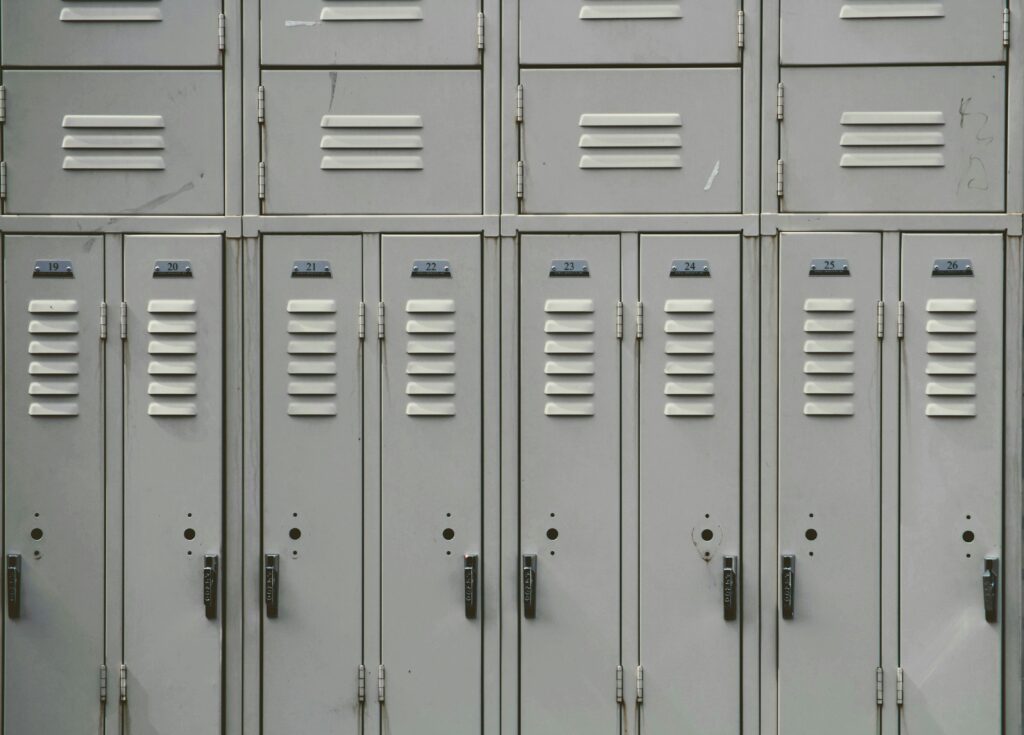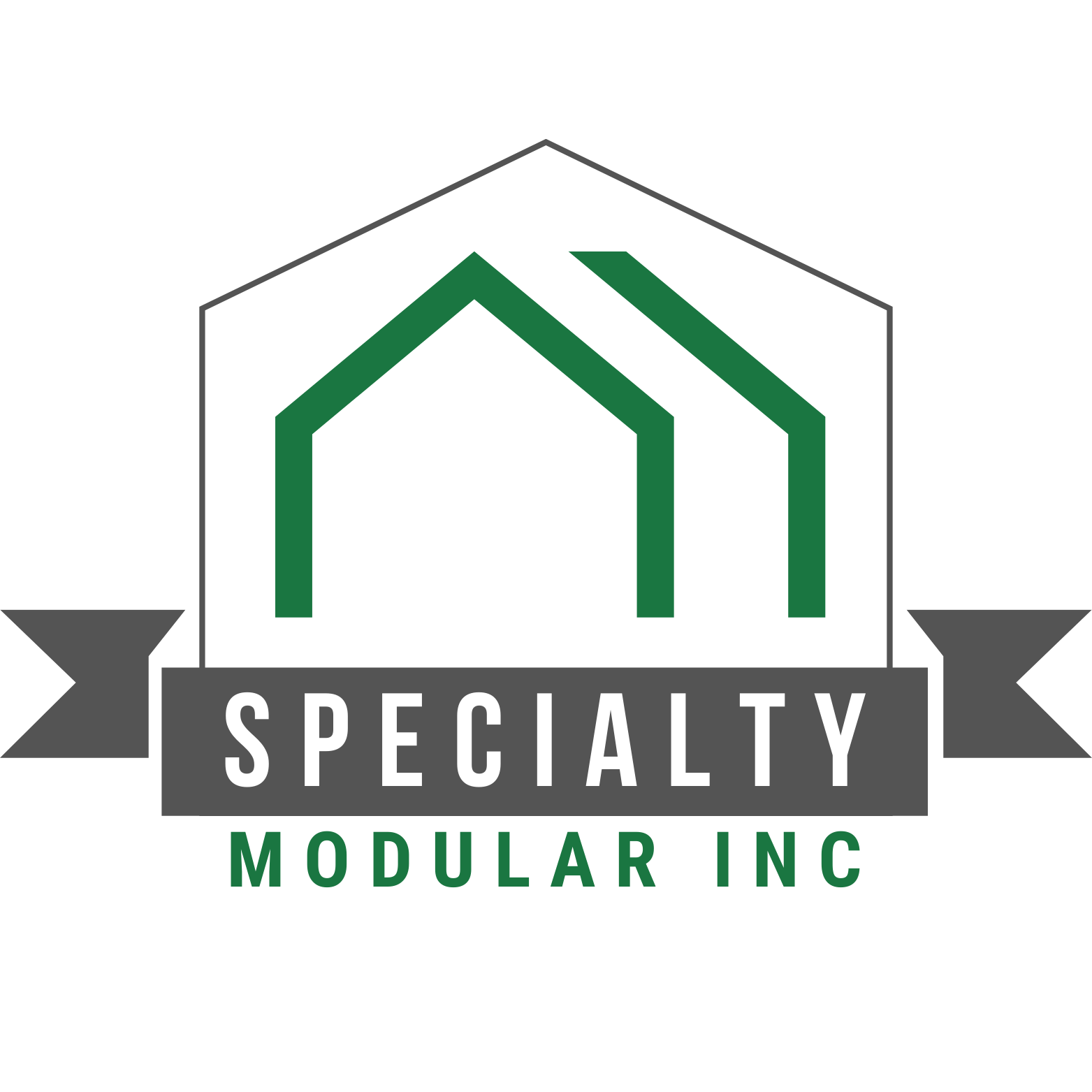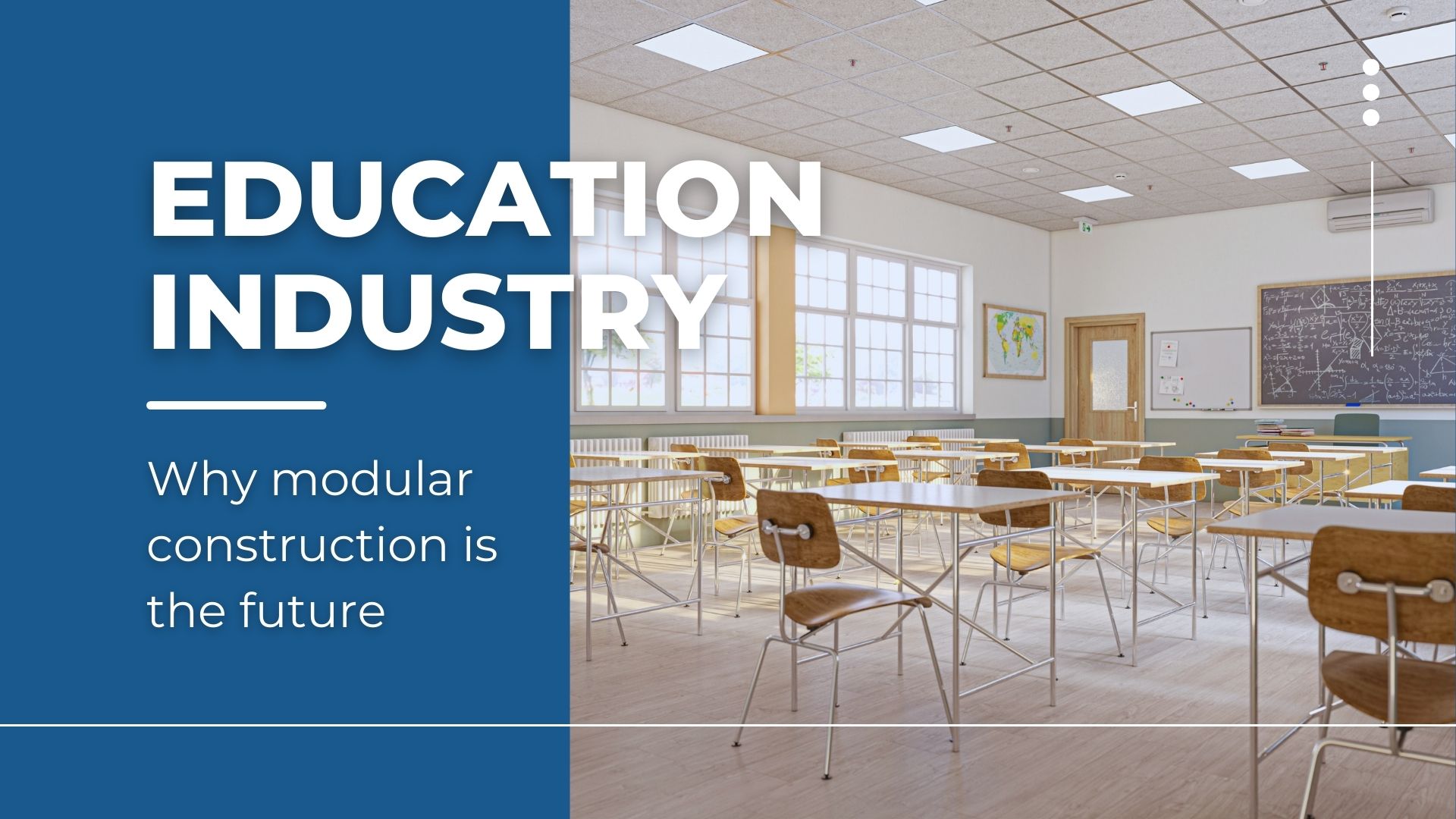Introduction
The landscape of education is constantly evolving, with institutions seeking innovative ways to enhance learning environments. One such innovation is modular construction, a method that promises speed, flexibility, and sustainability. As educational needs grow and change, so too must the infrastructure that supports them. Unfortunately, many people immediately start to envision the old portable classrooms from the 1980s and 1990s and shudder with fright at putting those on their campuses. Thankfully, we have come so far in what is available for schools and you can definitely give your buildings a personal touch that makes it a very real part of your school.
Specialty Modular has spent years helping schools around the country expand and find solutions to their growing problems. Whether you need a whole campus or a single building, we have unique and custom options available for you to design and specialize for your school. Our philosophy is that we want our buildings to be tailored specifically to what our clients need them for. No one size fits all, ugly portable classrooms allowed.
In this blog post, we will explore why modular construction is not just a trend but the future of education campuses. We’ll delve into the benefits, environmental impacts, and the adaptability of modular buildings, showcasing how Specialty Modular is leading the charge in this transformative approach.

1. Understanding Modular Construction
Modular construction refers to a building method in which structures are prefabricated in sections, or “modules,” off-site. These modules are then transported to the final location and assembled into a complete building. This process typically includes design, manufacturing, transportation, and assembly phases, all of which can occur simultaneously, significantly speeding up project timelines.
In the context of education, modular construction encompasses various types of buildings, including classrooms, laboratories, administrative offices, and even entire campuses. Specialty Modular specializes in creating customized solutions that cater specifically to the needs of educational institutions. By leveraging advanced manufacturing techniques, we ensure that each module is built to high standards, ready for the rigors of academic life.

2. Benefits of Modular Construction for Educational Institutions
Speed of Construction
One of the most significant advantages of modular construction is the speed with which buildings can be completed. Traditional construction methods can take months or even years, while modular buildings can be ready for use in a fraction of that time. For educational institutions facing urgent space needs—such as growing enrollment or unexpected changes—a modular solution from Specialty Modular can provide quick relief. We also know that the window of opportunity is extremely limited with schools–usually over the summer break. With a modular solution, you can have your new classroom, offices, or campus up and running in just the right amount of time.
Cost-Effectiveness of Modular Construction
Modular construction is often more cost-effective than traditional building methods. The controlled factory environment reduces labor costs and material waste, resulting in lower overall project costs. Moreover, the faster timeline means that educational institutions can save on financing and operational expenses. Long-term savings are also a consideration; modular buildings can be designed for energy efficiency, leading to reduced utility costs over time. Ultimately, a modular building drastically cuts down on the biggest expense with stick-built construction, surprises. The odds of a surprise causing massive expenses to pop up are incredibly low when built in such a tight and controlled environment.
Flexibility and Scalability
Educational needs are dynamic, and modular construction offers unparalleled flexibility. Facilities can be easily expanded or reconfigured to adapt to changing requirements. For instance, if a school experiences sudden growth, additional classroom modules can be added without disrupting ongoing operations. Specialty Modular’s designs allow for seamless integration of new modules into existing structures, ensuring that institutions can scale as needed without significant downtime. Your campus will have the potential to grow continually without sacrificing a uniformed and professional look. You’ll be able to avoid having portable classrooms from thirty years ago rotting on your campus in the event of sudden growth.

3. Sustainability and Environmental Impact of Modular Construction
In today’s climate-conscious world, sustainability is a priority for educational institutions. Modular construction aligns perfectly with these goals. The process significantly reduces construction waste, as modules are built in a controlled environment where materials can be optimized and reused. Additionally, modular buildings can incorporate sustainable materials and energy-efficient designs, such as solar panels and green roofs.
By choosing Specialty Modular, educational institutions can not only reduce their carbon footprint but also create a learning environment that promotes environmental responsibility. The long-term durability and efficiency of modular buildings further enhance their sustainability credentials, making them an ideal choice for forward-thinking campuses.

4. Enhancing Learning Environments with Modular Construction
The design of educational spaces plays a crucial role in shaping student experiences. Modular construction allows for innovative learning environments that can be tailored to the specific needs of educators and students. Specialty Modular focuses on creating adaptable spaces that foster collaboration, creativity, and engagement.
For example, modular classrooms can feature movable walls, allowing educators to reconfigure the space for group projects or large lectures. Natural light, open layouts, and integrated technology can transform a standard classroom into a dynamic learning hub. By investing in modular construction, educational institutions can create environments that inspire and empower both students and teachers.
Empowering Students through Modular Construction
As we have said earlier, the old portable classrooms are gone. Today, Specialty Modular focuses on providing classrooms that house extraordinary potential for students to learn in a catered environment. Our modular classrooms have the potential to provide drinking fountains and restrooms in the facility for students. No student wants to have to walk into another building to use the restroom or brave the heat of summer or the cold of winter just to use the facilities. Also, drinking fountains can provide water bottle refueling stations to keep students hydrated for their school sessions. We believe a modular classroom should be just as inviting to students as the teachers. And speaking of teachers, let’s talk about benefits for them.
Empowering Teachers with Modular Construction
Old portable classrooms were truly built as a one size fits all, universal solutions for schools and left a lot to be desired for teachers and educators. Today, modular classrooms are standard built with numerous outlets to allow teachers to dynamically set up their classroom and reorganize as necessary. Also, we provide top of the line AV access and solutions for data links so teachers can be connected to their technology. We also have built in access to schools to ensure that communication from administrative offices reaches classrooms effectively and immediately. We believe that teachers and students in modular classrooms should not be isolated islands. They should feel as connected as anyone else to their school.
Empowering Administrations
For many schools who suffered through portable classrooms of old, communication was a major hurdle between classes in portables and the administration staff. We ensure that data hook ups between the main administration office and modular classrooms provide instant communication. Whether school wide intercoms announcements, or specific announcements regarding student pick ups or necessary updates, all information is instantaneous now. Administrators and staff should have immediate communication to help with the running of their schools, regardless of where their staff and students are located on campus.

5. Overcoming Challenges with Modular Construction
Despite the numerous advantages of modular construction, some challenges and misconceptions persist. One common misconception is that modular buildings lack quality or aesthetic appeal. However, Specialty Modular prioritizes high standards in both design and construction, ensuring that our modular solutions are both functional and visually appealing.
Another challenge lies in navigating zoning laws and financing options. Educational institutions must understand local regulations regarding modular buildings, which can differ significantly from traditional construction. Partnering with an experienced provider like Specialty Modular can simplify this process, as we have the expertise to guide institutions through the regulatory landscape and secure necessary permits.

6. Future Trends in Modular Construction with Education Facilities
As technology continues to advance, the future of modular construction in education looks promising. We anticipate that smart technology will play a significant role in shaping modular designs, integrating features like smart boards, interactive displays, and advanced HVAC systems that enhance learning experiences.
Furthermore, the rise of hybrid learning environments calls for versatile spaces that can accommodate both in-person and remote education. Modular construction offers the adaptability needed to create these multifaceted learning environments, ensuring that campuses can evolve with the changing educational landscape.
Community engagement is also a growing trend, with educational institutions increasingly seeking ways to serve their communities. Modular buildings can easily be designed for dual-use, accommodating public events, workshops, and community gatherings alongside educational activities.
Conclusion
As we explore the myriad benefits of modular construction for educational campuses, it becomes clear that this approach is not just a fleeting trend. The speed, cost-effectiveness, sustainability, and flexibility offered by modular buildings position them as the future of educational infrastructure. Specialty Modular is committed to providing innovative solutions that meet the evolving needs of schools and universities, ensuring they remain at the forefront of educational excellence.
In conclusion, we encourage educational administrators, investors, and educators to consider modular construction for their future projects. By embracing this transformative approach, institutions can create spaces that foster learning, collaboration, and growth for generations to come.
Ready to explore how modular construction can benefit your educational institution? Contact Specialty Modular today to discuss your vision and discover tailored solutions that meet your specific needs.


No responses yet